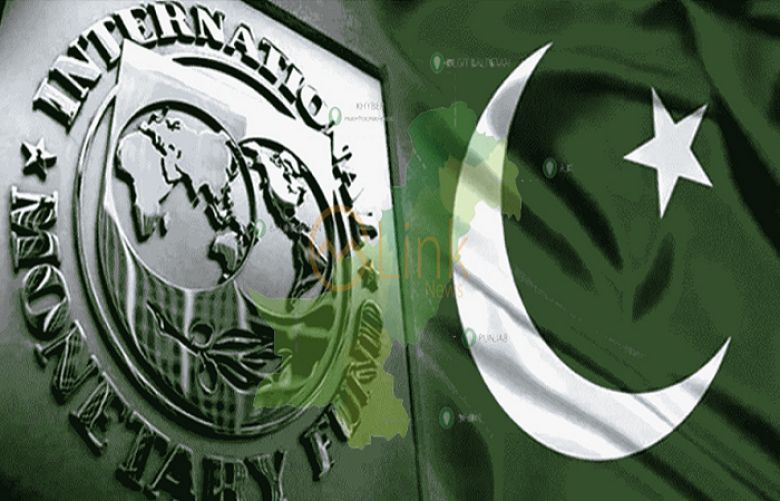Pakistan is now looking for a Plan B for averting full fledge eruption of the balance of payment crisis if the International Monetary Fund (IMF) continues to delay the revival of the already-delayed $6.5 bailout programme.
According to the media reports , the cash-strapped nation of over 220 million people will have no other option but to ask China for devising a mechanism to bailout the ailing economy.
“Amid deepening political and economic crisis in the country, the IMF has adopted a wait and see policy but this cannot be pursued for a longer period," reports told the publication.
"Either the IMF programme will have to be revived through the completion of the ninth review or the programme will be scrapped. We will share no more data with the IMF without completion of the ninth review” the sources asserted.
Several reports suggest that Pakistan has already conveyed to the Fund staff to conclude the review otherwise budgetary framework for 2023-24 would not be shared.
The sources recalled that an ambassador of the western capital, during interactions with a minister inquired when the economy of Pakistan was expected to be meltdown.
"This blunt question from the dignitary shocked the minister who told the visiting diplomat that Pakistan would never default," the sources narrated.
It should be noted that the diplomatic community also has started inquiring about “domestic political affairs”.
Keeping in view all these developments, independent economists are now suggesting the government make last-ditch efforts in order to revive the IMF programme or clearly look towards China to bailout the struggling economy.
Former finance minister and renowned economist Dr Hafiz A Pasha said that if the IMF doesn't move forward then Pakistan would have no other option but to request China to devise any mechanism for helping Islamabad to avert blown out of a full fledge crisis.
He said that the Asian Infrastructure Investment Bank (AIIB) could be used as an instrument to help out Islamabad for averting the balance of payment crisis as we knew it was not its mandate but there should be any institution assuming the role of Asian IMF.
When contacted, Dr Khaqan Najeeb, former finance ministry adviser, said undoubtedly the country has taken a number of steps for macro stabilisation and paving the way for completion of the ninth review.
However, considering a weak State Bank of Pakistan reserves position at just $4.38 billion and a precarious balance of payment position the IMF is being extra careful in ensuring financing needs are more than adequately met.
Authorities have tried but have been unable convince the lender in this regard.
Dr Najeeb also pointed to the easing of imports. IMF would be keen for Pakistan to build reserves and ease the administrative restriction, which has halved Pakistan’s imports in April (year-on-year) to just $2.9 billion as per data released by the Pakistan Bureau of Statistics.
"The advisable solution is for the IMF to be considerate as a staff-level agreement can ease commercial and multilateral inflows," Najeeb said, adding that Pakistan authorities probably can do more work to ensure an airtight financing plan.
He said that in case the two sides do not come to an agreement the country would have to continue with heightened restrictions on imports, a clogged economy, and borrowing and rollovers from friendly countries and others wherever possible.
"This is not the preferred option for Pakistan to continue with a constrained economy," he concluded.







